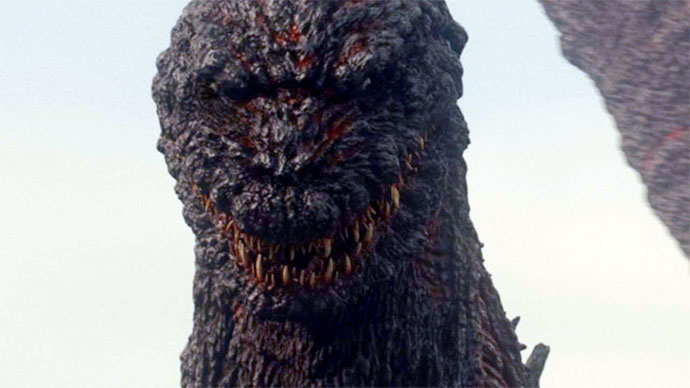The White-Bone Sword (Part 1)
aka 白骨陰陽劍(上集) aka White-Boned Sword (Part 1) aka The Yin Yang Blade aka Ingentious Swords, Part One aka Bai Gu Yin Yang Jian, Shang Ji

1962![]() HKMDB Link
HKMDB Link
Written by Sze-To On
Directed by Ling Yun

Break out the vintage machine because we’ve got some classic Cantonese fantasy wuxia for your entertainment. The White-Bone Sword dates from 1962, and is a four-part epic that features plenty of kung fu battles, along with lots of animated martial effects and three wonderful monsters to add to our Field Guide to Cantonese Fantasy Monsters and Creatures!
The White-Bone Sword (which also goes by a lot of names such as The Yin Yang Blade and Ingentious Swords, “Ingentious” isn’t even a real word so someone done goofed up the translation machine! The Chinese title 白骨陰陽劍 has “white bone” in the name so we’re going with The White-Bone Sword as the “real” English title) is based on a serial novel by Luk Yu featured in the newspaper Wah Sing Pao. I am guessing the story has the same name in the paper, but that wasn’t explicitly stated, so don’t take that as gospel. We’re going to call the sword the White-Bone Sword, but don’t be too shocked if a stray White-Boned Sword or two slips in.
The White-Bone Sword was the inaugural film series from Longway Movie Enterprise production company, which would make about six or seven other films before disappearing. It’s directed by Ling Yun (who would go on to direct the excellent Buddha’s Palm films!) and the scripts are by Sze-To On, who wrote over 250 Hong Kong movies and if you’re even a moderate fan of Hong Kong cinema you will have seen something he wrote. Basically, this is a great creative pedigree that helped produce an above average fantasy flick series that has some cool monsters and effects even as it suffers from some of the conventions of the day, such as a slower pace and weird filler spots. As usual with these rarities, there are no English subtitles, but at TarsTarkas.NET, we don’t need no stinking subtitles!


|





























